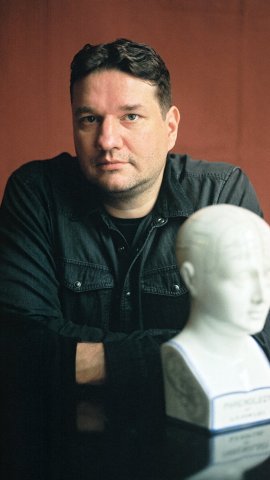

|
Phone: (+372) 737 5314, library phone (+372) 737 5413 |
Please contact the Coordinator of the Institute of Philosophy and Semiotics, Ruth Jürjo for any study-related or administrative questions: ruth.jurjo@ut.ee, phone 737 5314, Jakobi 2-315

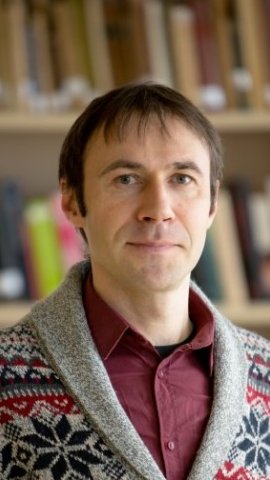
CV in Research Information System
Personal website
Topics of research and supervision

CV in Research Information System
Topics of research and supervision
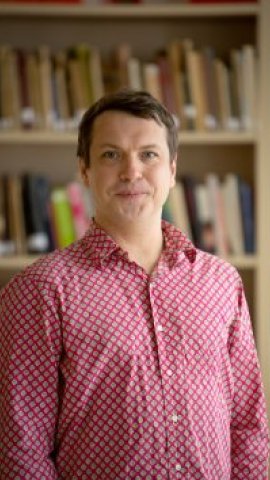
CV in Research Information System
Topics of research and supervision
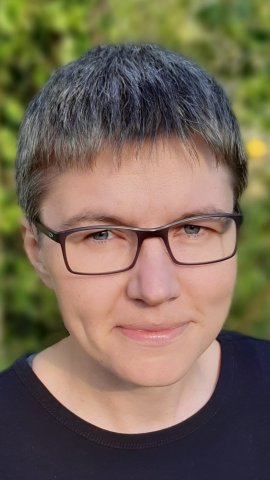
CV in Research Information System
Topics of research and supervision
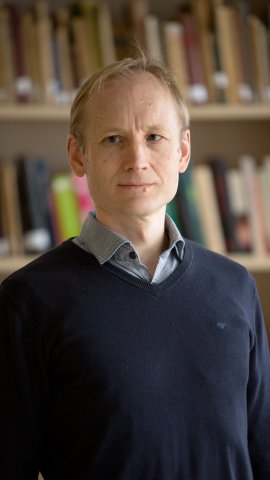
CV in Research Information System
Account on Academia platform
Topics of research and supervision
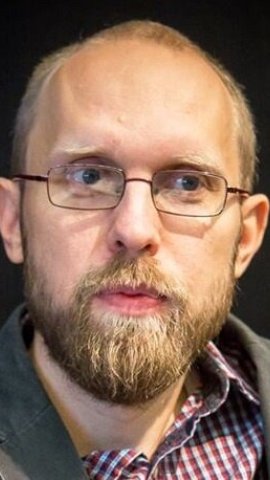
CV in Research Information System
Topics of research and supervision
CV in Research Information System
Topics of research and supervision
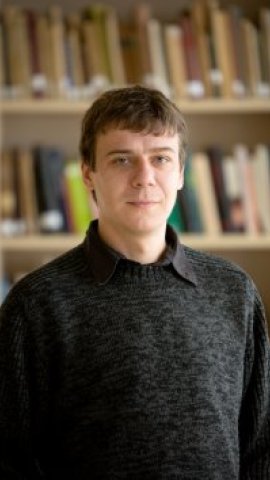
CV in Research Information System
Topics of research and supervision
CV in Research Information System
Topics of research and supervision
CV in Research Information System
Topics of research and supervision
Student disputations
History of Academia Gustaviana
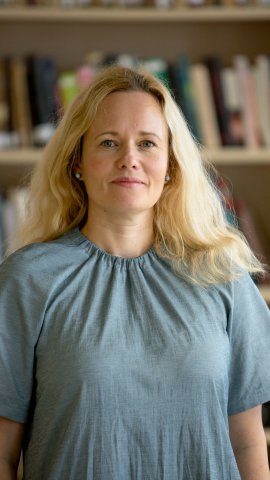
CV in Research Information System
Topics of research and supervision
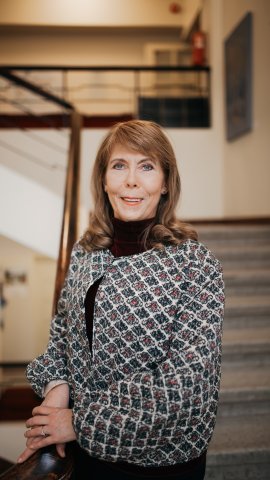
CV in Research Information System
Topics of research and supervision

CV in Research Information System
CV in PhilPeople
Topics of research and supervision
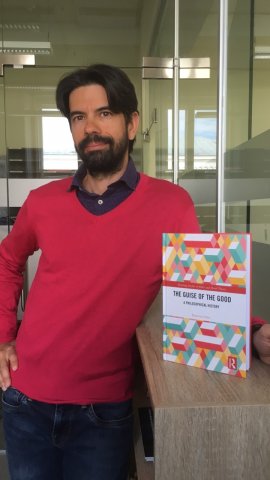
CV in Research Information System
Personal website
Topics of research and supervision
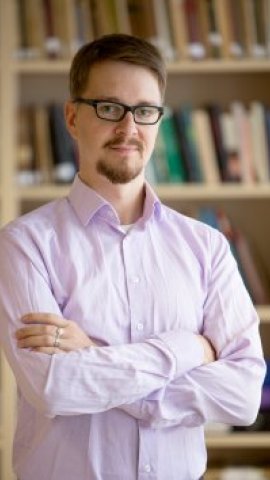
CV in Research Information System
Topics of research and supervision
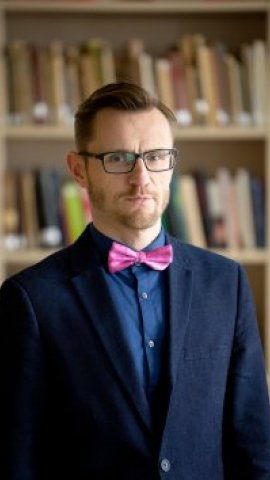

CV in Research Information System
CV in PhilPeople
Personal webpage
Topics of research and supervision
Philosophy of mind in general and in particular:
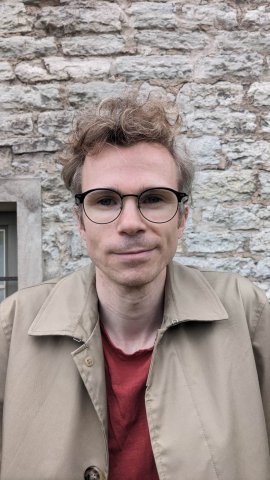
CV in Research Information System
CV in PhilPeople
Personal webpage
Topics of research and supervision
CV in Research Information System
CV in PhilPeople
Topics of research and supervision

CV in Research Information System
Topics of research and supervision

CV in Research Information System
Topics of research and supervision
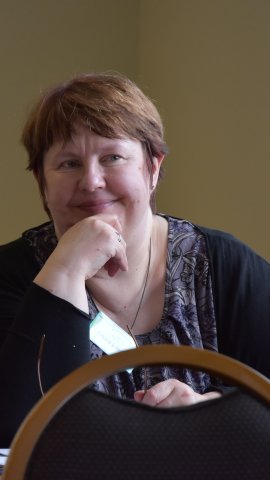
CV in Research Information System
CV in PhilPeople
Topics of research and supervision
CV in Research Information System
Topics of research and supervision
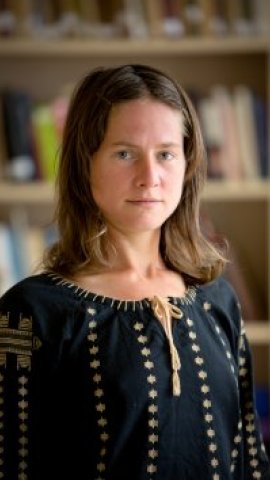
CV in Research Information System
Topics of research and supervision
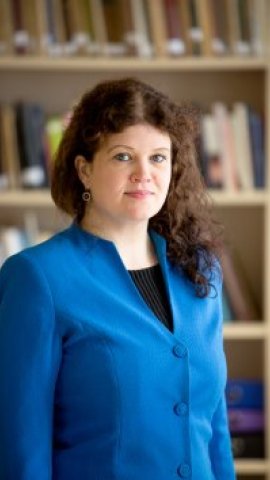
CV in Research Information System
Topics of research and supervision
Philosophy of Science (Biology)
CV in Research Information System
CV in PhilPeople
Personal webpage
Topics of research and supervision
Philosophy of mind in general and in particular: